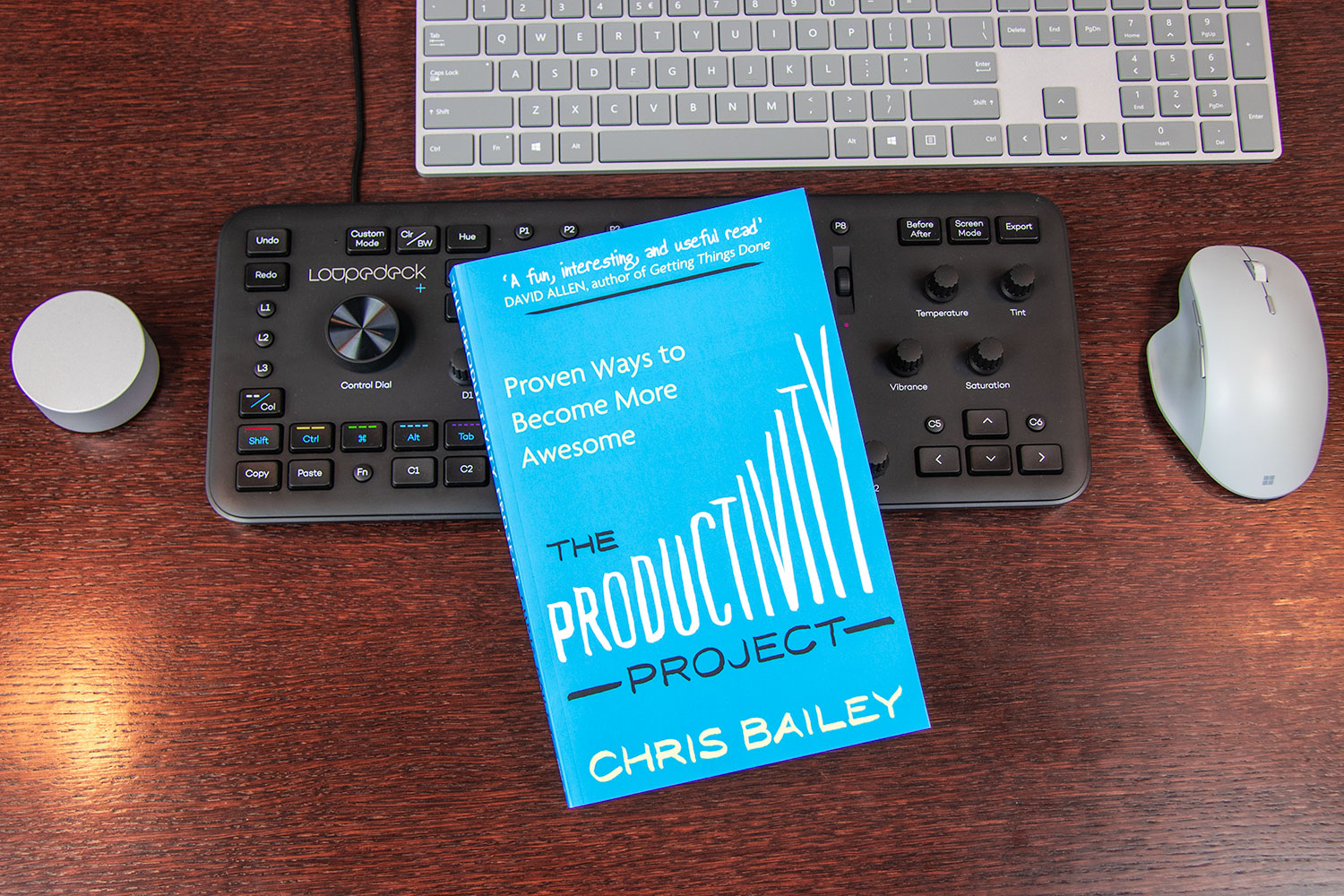

In working ninety hours a week, I stumbled upon that break-even point in just two weeks, even though the two weeks were separated by a luxurious twenty-hour week.īut often even in the short term, working longer hours can decrease your productivity.

But in the long term, working longer hours is a recipe for disaster-especially when they lead you to have less time to cultivate your attention and energy, as I’ll discuss in the next chapters.Īfter thirty-five to forty hours of work, studies show that your marginal productivity begins to drop, until “at approximately eight 60-hour weeks, the total work done is the same as what would have been done in eight 40-hour weeks." The same study found that with seventy- and eighty-hour weeks, you reach the same break-even point in just three weeks.

Sometimes there is simply a ton of work to do, and you need to dedicate more time to do that work. In the short term, there are huge productivity gains to be had by working extra hours, particularly when deadlines are fast approaching. When your to-do list is always longer than the number of hours you have in the day, you might feel guilty if you began working forty hours a week, especially if the people around you continued to work fifty, sixty, or even more.īut studies show that after roughly thirty-five or forty hours, your productivity begins to plummet. On the surface, thirty-five to forty hours seems low. They suggest that the optimal number is roughly thirty-five to forty hours. But studies show that the ideal number of hours to work every week is even lower than that. Over the course of my project, I settled into a nice equilibrium of working forty-six hours a week, which was enough time for me to get everything done, while taking needed breaks to recharge my energy levels and attention over the course of the day. So where is the sweet spot for how many hours you should work every week?


 0 kommentar(er)
0 kommentar(er)
